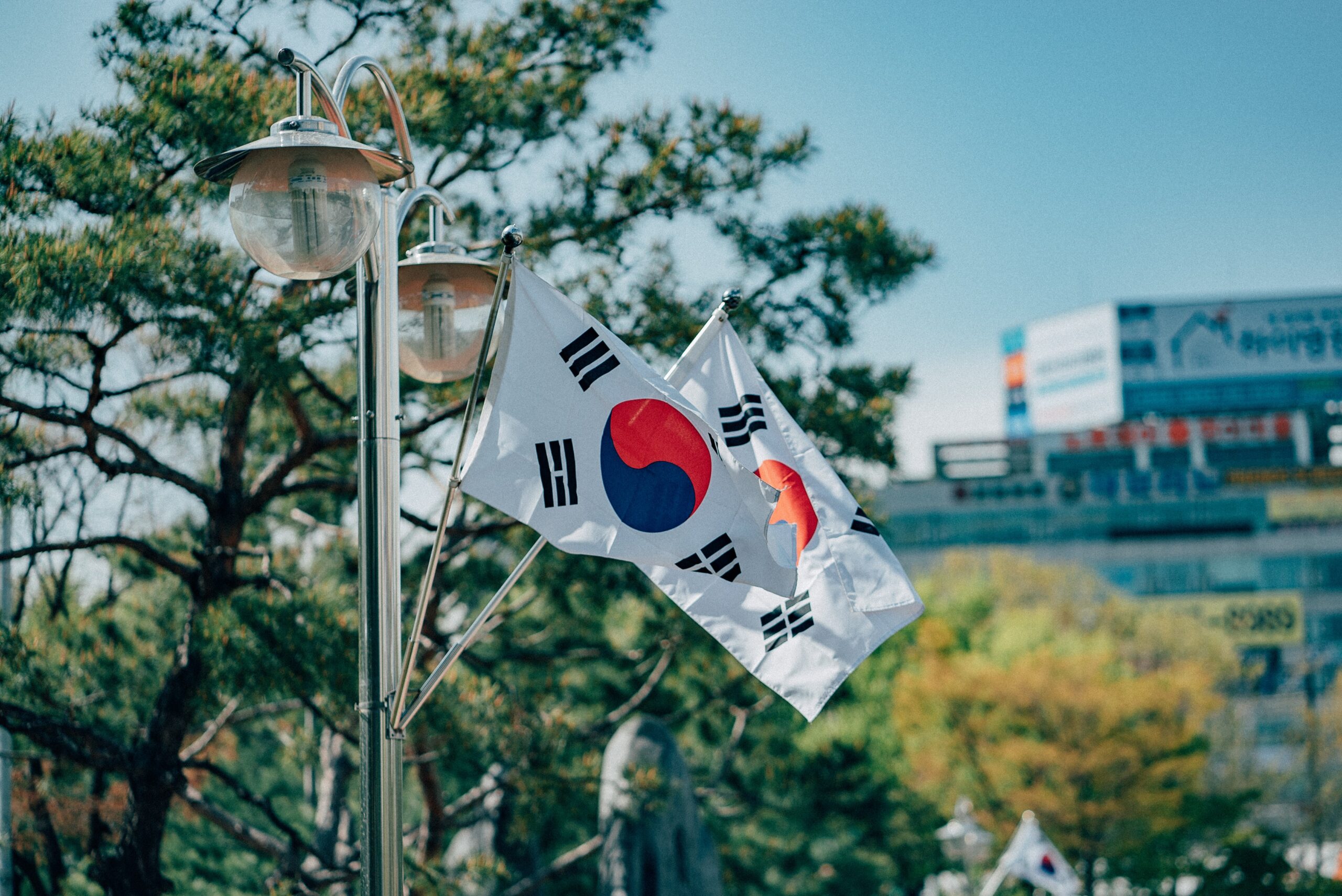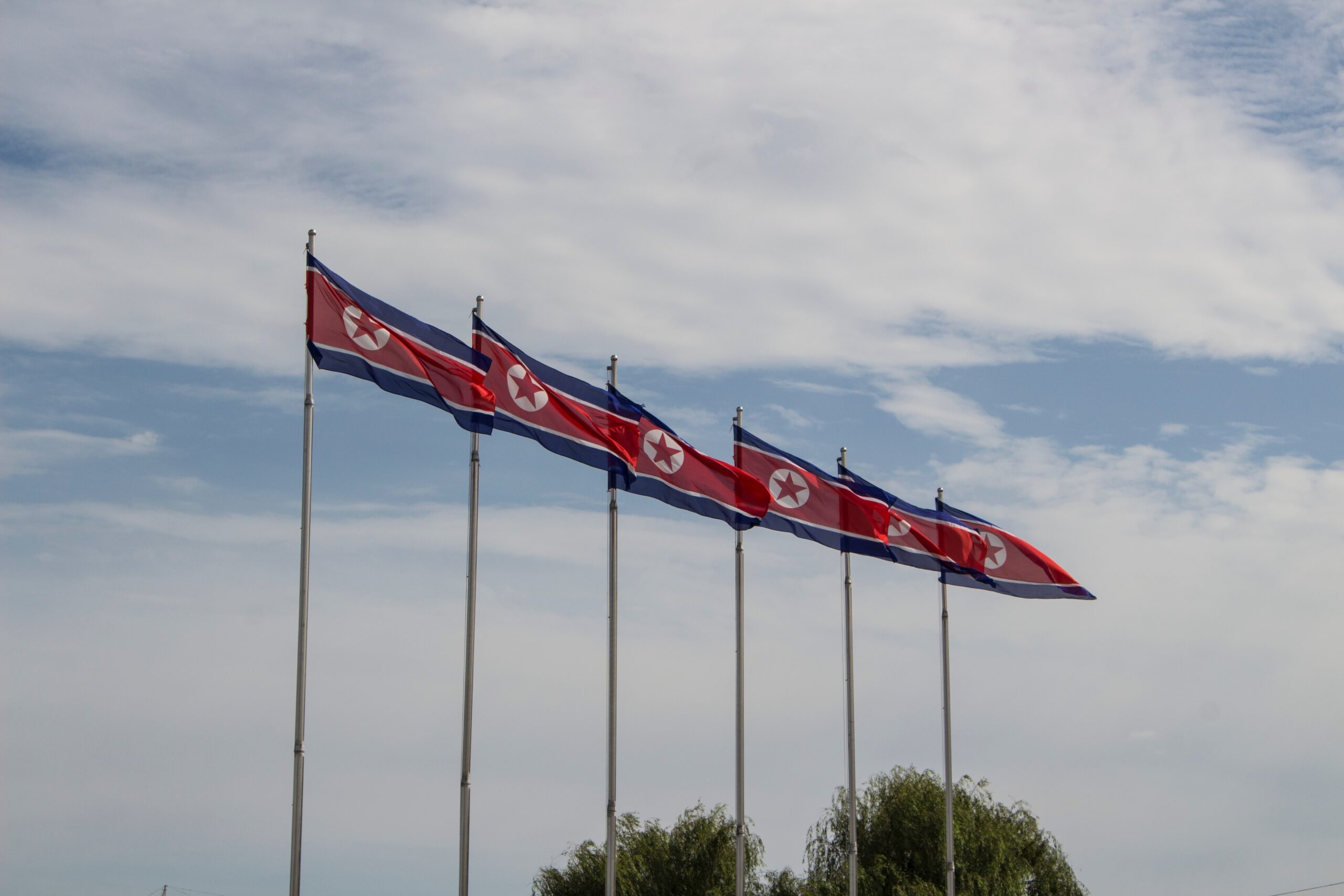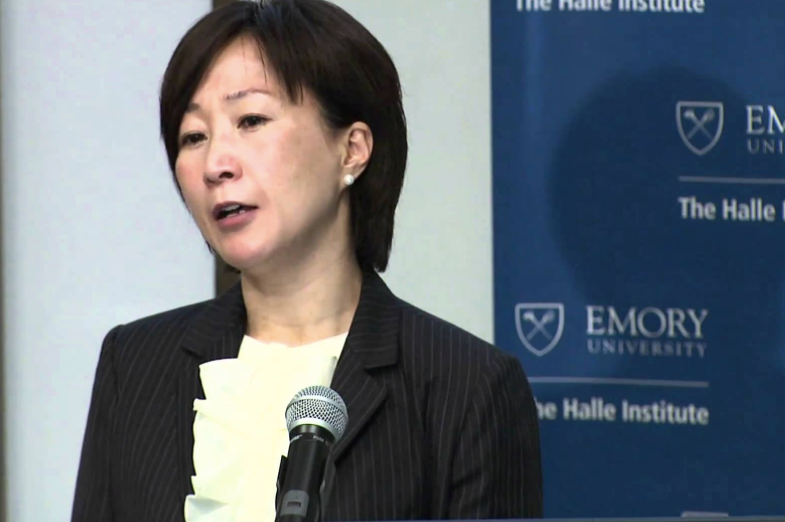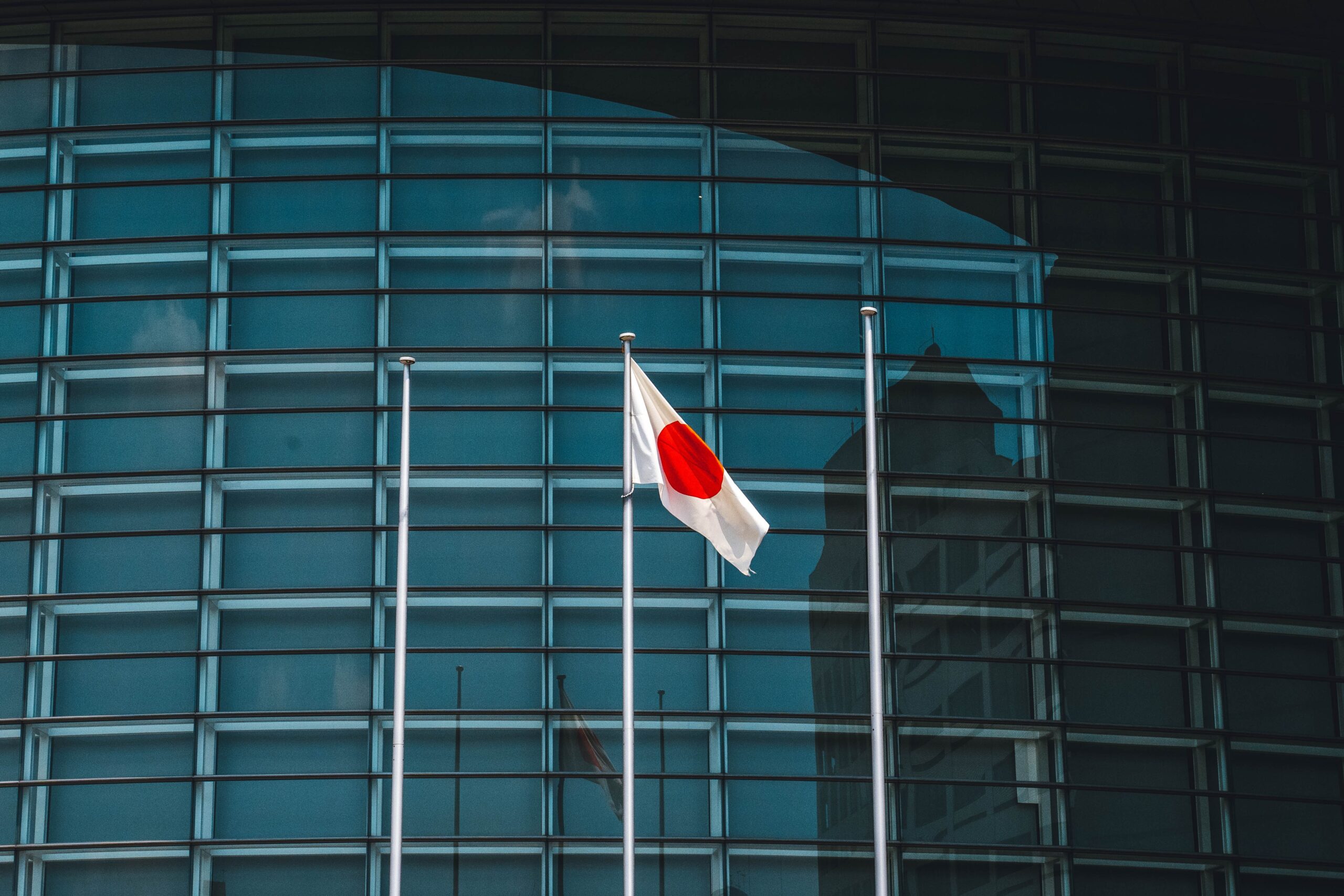Japan’s Role in the Peace-building Process of the Korean Peninsula
Mikyoung Kim (Former Associate Professor, Hiroshima City University of Japan)
Japan’s unusual ‘no-show’ in Washington DC
The U.S., which has not directly intervened in so-called “history issues” between Korea and Japan, had to witness and deal with Korea-Japan diplomatic tensions in Washington last November. It happened during the Korea-U.S.-Japan Vice Foreign Ministers’ Meeting held on the 11th of November, 2021.
The purpose of the meeting was to discuss the Declaration of the End of the Korean War that the Moon Jae-in administration has been pursuing so far. Japan refused to attend a joint press conference with South Korea and the U.S. in protest against the visit of the chief of the Korean National Police Agency to the Dokdo islands before the meeting. Deputy Secretary of State Wendy Sherman attended the press conference alone. Japan’s no-show decision was very unusual.
As for the motives for Japan’s extremely unusual no-show decision, multiple scenarios are probable. First, Japan attempted to pressure the U.S., which is trying to contain China, by sending a message that Washington should prioritize relations with Japan if it wants to succeed in multilateral diplomacy in East Asia.
Second, it is possible that Japan, which is in a disadvantageous position vis-a-vis Korea for Seoul’s ‘effective control’ over the Dokdo islands, protested with actions in order to bring the United States into the dispute.
Third, Japan, which has territorial disputes not only with Korea but also China and Russia, may have taken a calculated action of ‘showing off’ by targeting relatively weak Korea among the group in order to demonstrate its staunch determination to other disputing countries.
Fourth, Tokyo may have intended to drive a wedge between Korea and the U.S. by instilling the perception that Korea’s stance towards ‘historical issues’ is an obstacle to Korea-U.S.-Japan cooperation.
And finally, the possibility of Japan’s discontent with being left out in the discussion, coordination, and preparation of the Declaration of the End of the Korean War. There is no legal room for Japan to intervene because it was not a signatory of the 1953 Armistice unlike the U.S., North Korea and China.
‘Japan passing’
The above mentioned speculations can be seen as Tokyo’s expressions of anxiety and dissatisfaction with weakening of Japan’s influence in the region often called “Japan passing.” (1) Japan’s postwar foreign policy behavior can be summarized in two characteristics: the U.S.-centeredness and passivity. There was a movement during the second Abe administration when Japan seemed to break away from the rigid diplomatic behavior often expressed as its ‘path dependency.’ Yet Abe’s ‘normal country theorem’ was primarily for the domestic audience failing to shake up the status quo. The rigidity of Japan’s policy toward the Korean Peninsula has been continuing raising the concerns about ‘Japan passing.’

Photo by Daniel Bernard on Unsplash
Despite the complex entanglement of a number of unresolved issues between the Korean Peninsula and Japan such as the traditional security issue of nuclear weapons, the human rights topics centered on the Japanese abductees, and the non-traditional security concerns of historical issues, Japan can play a positive role in the peace process on the Korean Peninsula. It is thus necessary to find ways to induce changes in the Japanese government’s rigid policy towards the Korean Peninsula.
Ways to involve Japan for the Korean Peninsula’s peace process
First and foremost, the strategy to improve North Korea-Japan relations should focus on the emphasis of North Korea’s value to Japan. As part of such efforts, cultivation of trust between the two is a must. The Japanese government has defined the history of negotiations with North Korea since the 1990s as a “long history of betrayal” and has judged North Korea as an unreliable partner (2). Such stigma can negatively affect North Korea’s willingness to negotiate with Japan. There is a need to set the facts straight on Japan’s manipulation of then North Korean leader Kim Jong-il’s honest admission of abduction of Japanese citizens in 2002. A sense of fairness is necessary in reviewing the history of negotiation failures between the two nations.

Photo by Micha Brändli on Unsplash
Second, we need to acknowledge the efforts of the two countries to improve relations. It was recently revealed that Japan was secretly negotiating with North Korea in Ho Chi Minh City, Vietnam in July 2018. And we should not overlook that North Korea has also made efforts to improve its ties to Japan in its own way. For example, the official website of the Committee for the Peaceful Reunification of the Fatherland in North Korea planned and promoted a series titled ‘President Kim Il-sung and Japanese People’ in 2018 and 2019. The Central Committee of the North Korean Red Cross openly expressed its gratitude to the Japanese government for its cooperation for the safe return of North Korean sailors in February 2019.
And third, the current Fumio Kishida government needs achievements in order to bolster approval ratings for its new leadership. Prime Minister Kishida publicly expressed his desire to meet with North Korean leader Kim Jong-un in his speech to the National Assembly on December 16. Improving relations with North Korea through the establishment of diplomatic ties is expected to be of great benefit to the current Japanese government where the Seoul government can play a facilitator’s role. The close coordination among the three governments will enhance Japan’s involvement in the Peninsula’s peace-building process.
Footnotes
Footnote 1: Kim Ki-seok, 2021. “The Peace Process on the Korean Peninsula and the Analysis of North Korea-Japan Relations: Japan Passing,” Japan Research Group, 53: 37-62.
Footnote 2: Nam Ki-jeong, 2019. “Connecting Peace to Reconciliation: Peace Process on the Korean Peninsula and Relations between Korea and Japan,” Progressive Review, 81: 232-251.
Author biography

Mikyoung Kim is former Associate Professor at Hiroshima City University in Japan. Her books include Northeast Asia’s Difficult Past: Essays in Collective Memory, Securitization of Human Rights: North Korean Refugees in East Asia, Routledge Handbook of Memory and Reconciliation in East Asia, Challenges of Modernization and Governance in South Korea: The Sinking of the Sewol and Its Causes, and Korean Memories and Psycho-Historical Fragmentation. Kim served as the guest editor of North Korean Review, Memory Studies Journal and Review of Korean Studies. Her book, Routledge Handbook of Memory and Reconciliation in East Asia (Routledge, 2015), won the 2016 Best Book Award by ROK Ministry of Education.





Recent comments